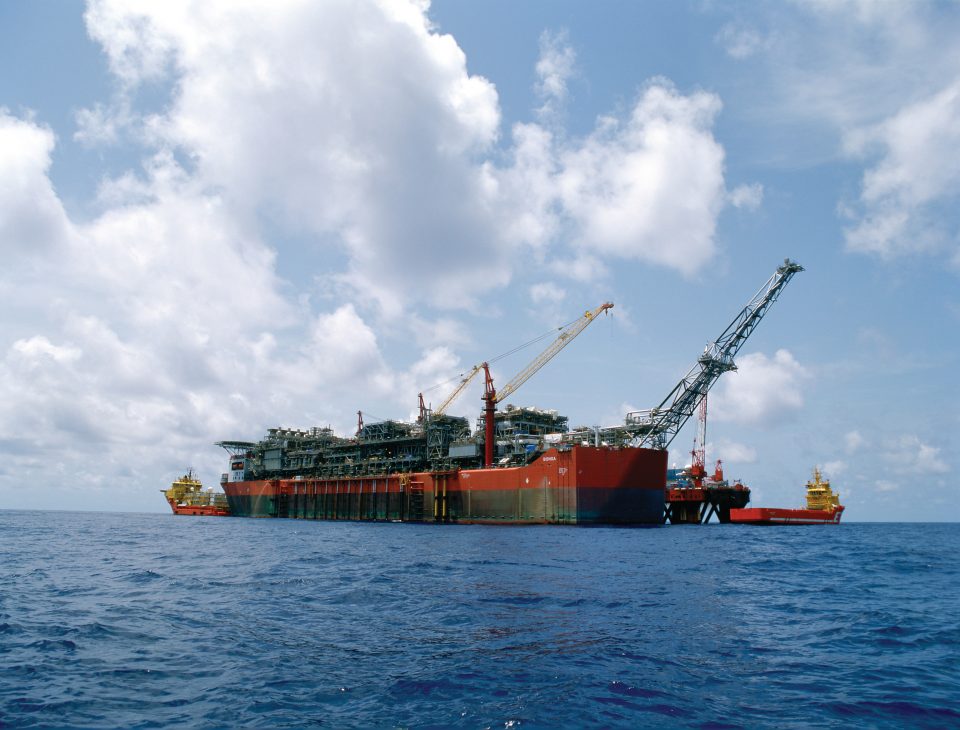Power sector gas debt hits $1bn, says NGA
A new gas pricing template for the power sector and gas-based industries has been developed and currently awaits the approval of President Bola Tinubu, the Nigerian Midstream, and Downstream Petroleum Regulatory Authority announced on Wednesday.
It was also revealed that the legacy gas debts of the power sector to gas suppliers in Nigeria had risen to about $1bn, as efforts were ongoing to finalise the figures and find a comfortable way in addressing the debts.
Speaking during the inauguration of the Decade of Gas Secretariat in Abuja, the secretariat’s Coordinator, and immediate past President, of Nigeria Gas Association, Ed Ubong, said it was important for the government to clear the gas debts in order to boost investors’ confidence in gas investments.
The Decade of Gas is an initiative of the Federal Government that seeks to deepen domestic gas usage across the country within a 10-year period, from 2021 to 2030, based on the enormous gas reserves in Nigeria that stood at over 206 trillion cubic feet.
The programme’s secretariat, which was inaugurated on Wednesday, was currently located in the Abuja headquarters (annex) of the Nigeria Midstream and Downstream Petroleum Regulatory Authority.
Speaking to journalists on why legacy power sector gas debts should be addressed, Ubong said, “It is clear to us that we need to provide comfort to investors by clearing the arrears that the gas companies are owed, particularly for gas supply to power.
“That is a key priority, at least you heard from the Special Adviser to the President on Energy speak about it, that it is also part of the work that is ongoing and should be completed.”
Asked to state the amount of outstanding arrears for gas supplied to the power sector, he replied, “From our estimate, we think that those numbers could be between $700m and $1bn in debts owed.
Related News Crush bandits, don’t grant them amnesty Tax removal: Agents project 15% rise in car import Tinubu’s experience will enrich ECOWAS – Diaspora committee
“But it is something we will sit with Nigeria Electricity Liability Management Company Limited and the Federal Government to finalise and find a comfortable way in sorting this.”
Ubong further stated that the NMDPRA had been working on gas pricing over the past year, adding that a lot of consultation had been done with various stakeholders on this.
Reacting to an earlier remark made by the Chief Executive, NMDPRA, Farouk Ahmed, on gas pricing, Ubong said, “I think he (Ahmed) was hinting that he’s towards the end of that (gas pricing) process when he will need to seek the approval of Mr President, before he announces what in the PIA (Petroleum Industry Act) is called the domestic based price.”
Earlier, the NMDPRA boss explained that discussions were ongoing on the new gas pricing template.
He said, “It is for further discussions. We will discuss this with the adviser of the President on Energy. So until such interaction is completed and the President approves it, we will not be able to disclose the price.
“But basically it is the price that gas is sold to the industry, whether gas-to-power, gas-to-industries, as well as gas-to-commercial. And it is to incentivise the producers so that they can produce more gas and supply to the country, rather than committing only to export.”
On the Decade of Gas, he said it was a government project aimed at making sure that from 2021 to 2030 Nigeria propagated the supply and distribution of gas as the nexus of energy to power, gas-based industries, and for commercial purposes.




